Table of Contents
- Map: Ebola outbreaks worldwide
- Outbreak of Ebola-like Marburg fever kills man in Uganda | Fox News
- Ebola Virus Disease – Africa CDC
- The Ebola virus mutated to better infect humans during the 2014 ...
- Ebola virus disease Fact Sheet | Africa Health Organisation
- Research Ethics and Ebola | HuffPost
- Ebolavirus - Wikipedia, la enciclopedia libre
- Ebola DNA sequenced to track outbreak | WIRED UK
- WHO Declares Ebola a Global Public Health Emergency
- 2014 Ebola Outbreak // Frequently Asked Questions | Invisible Children
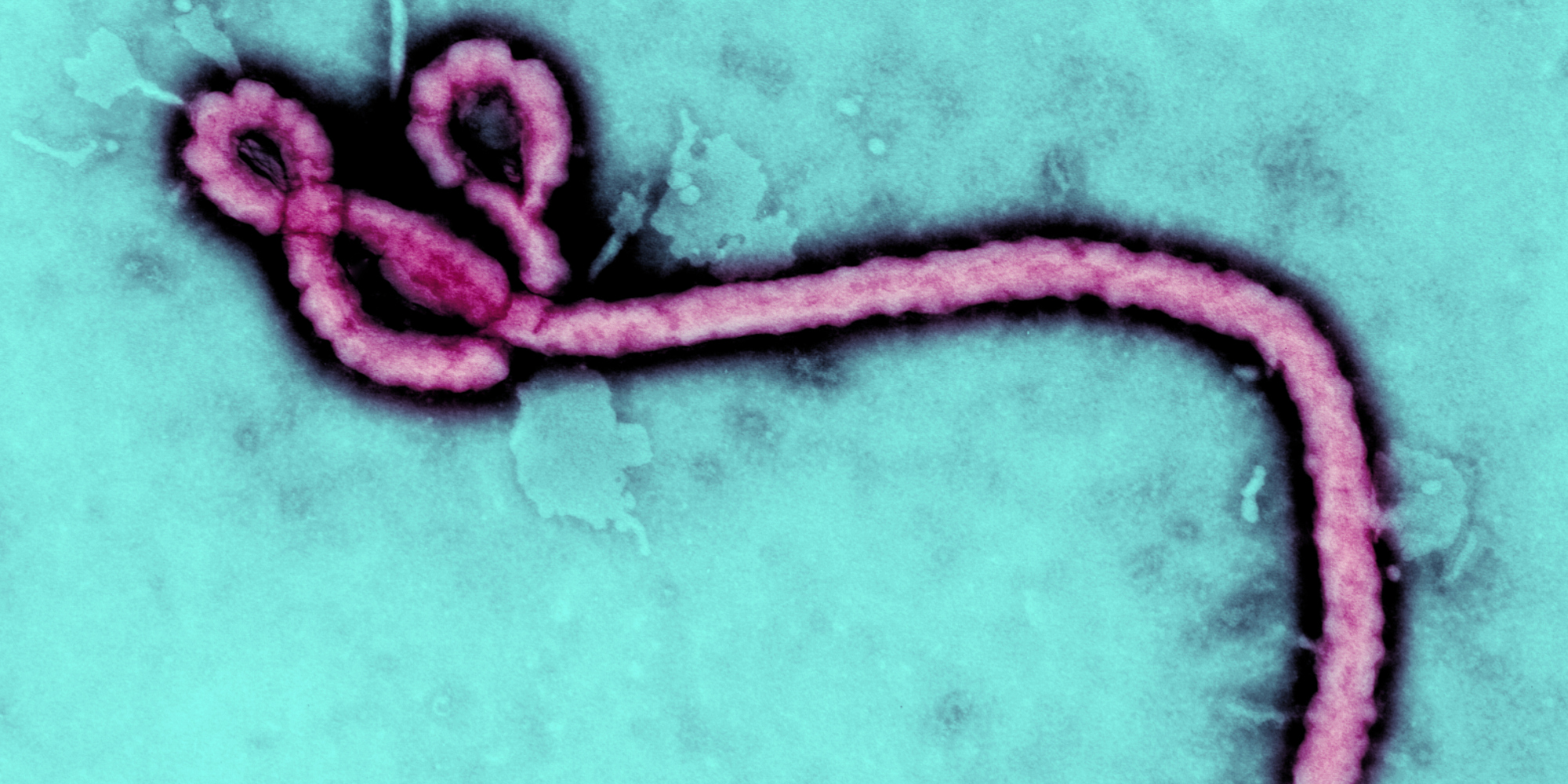
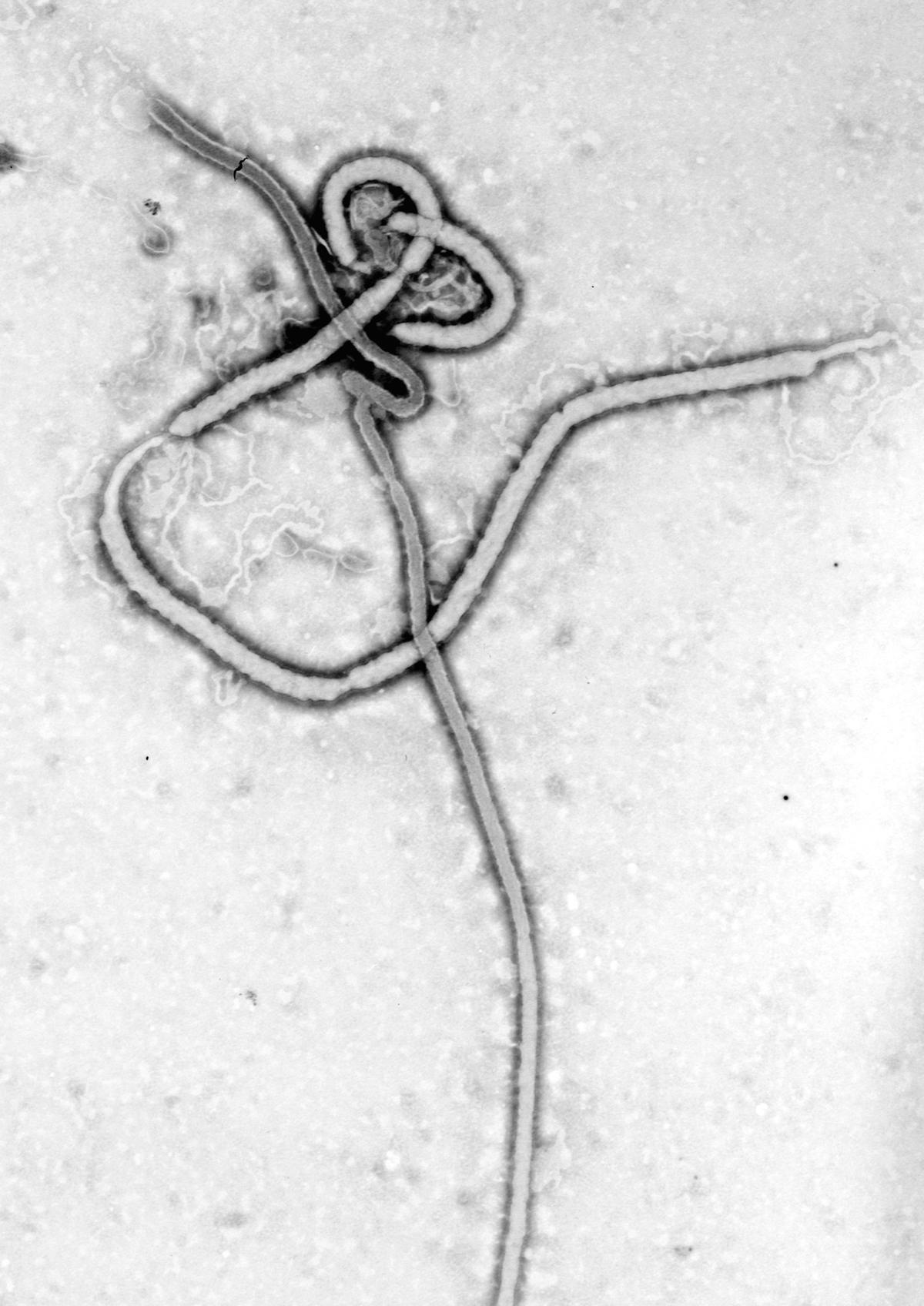
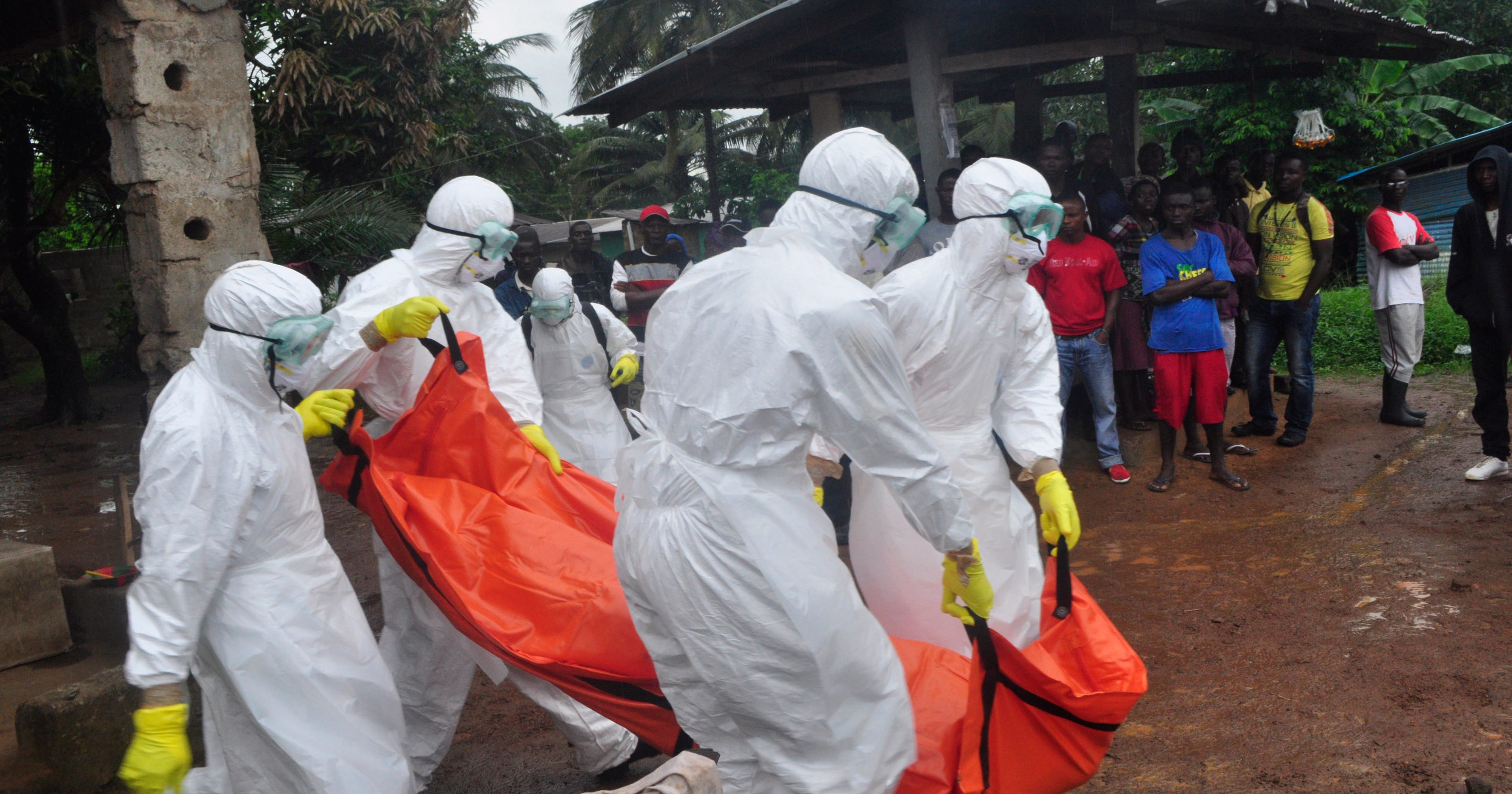
What is Ebola?
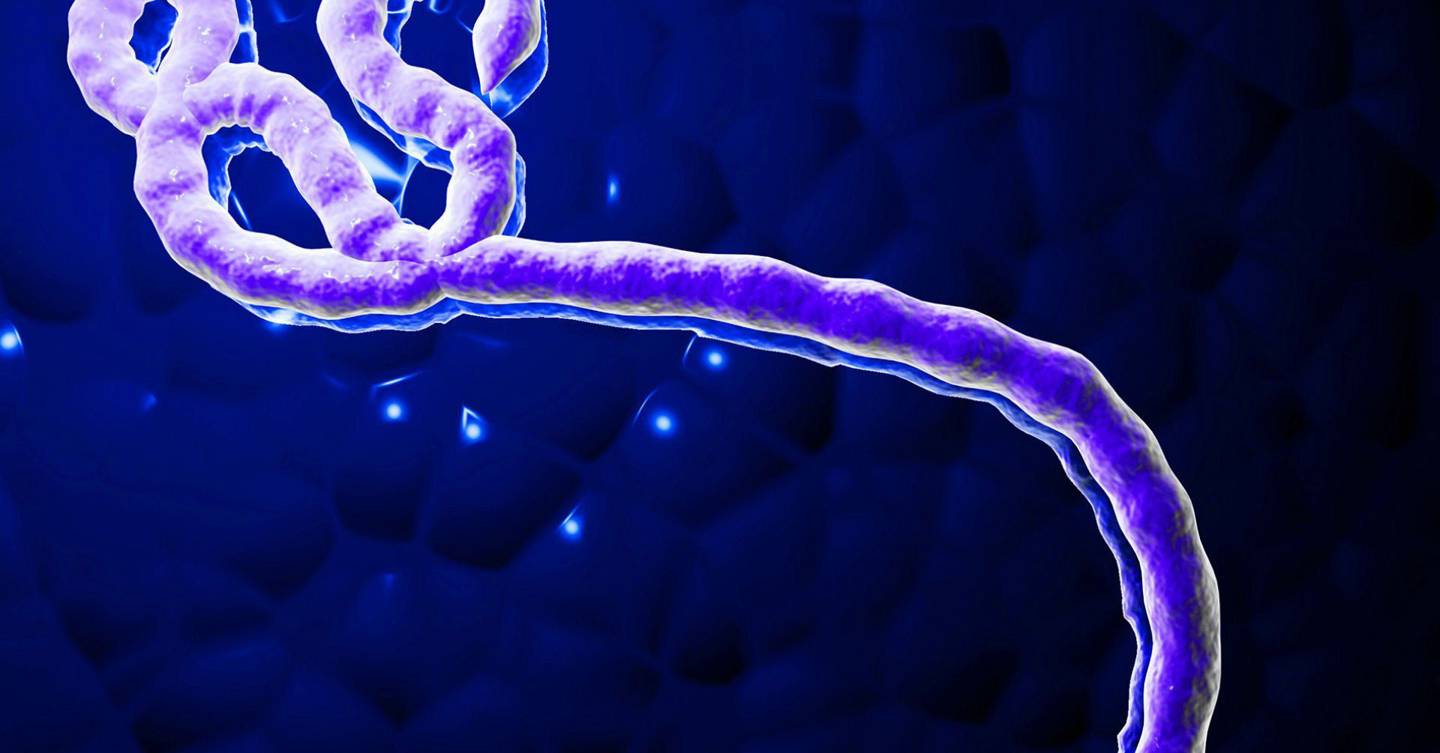

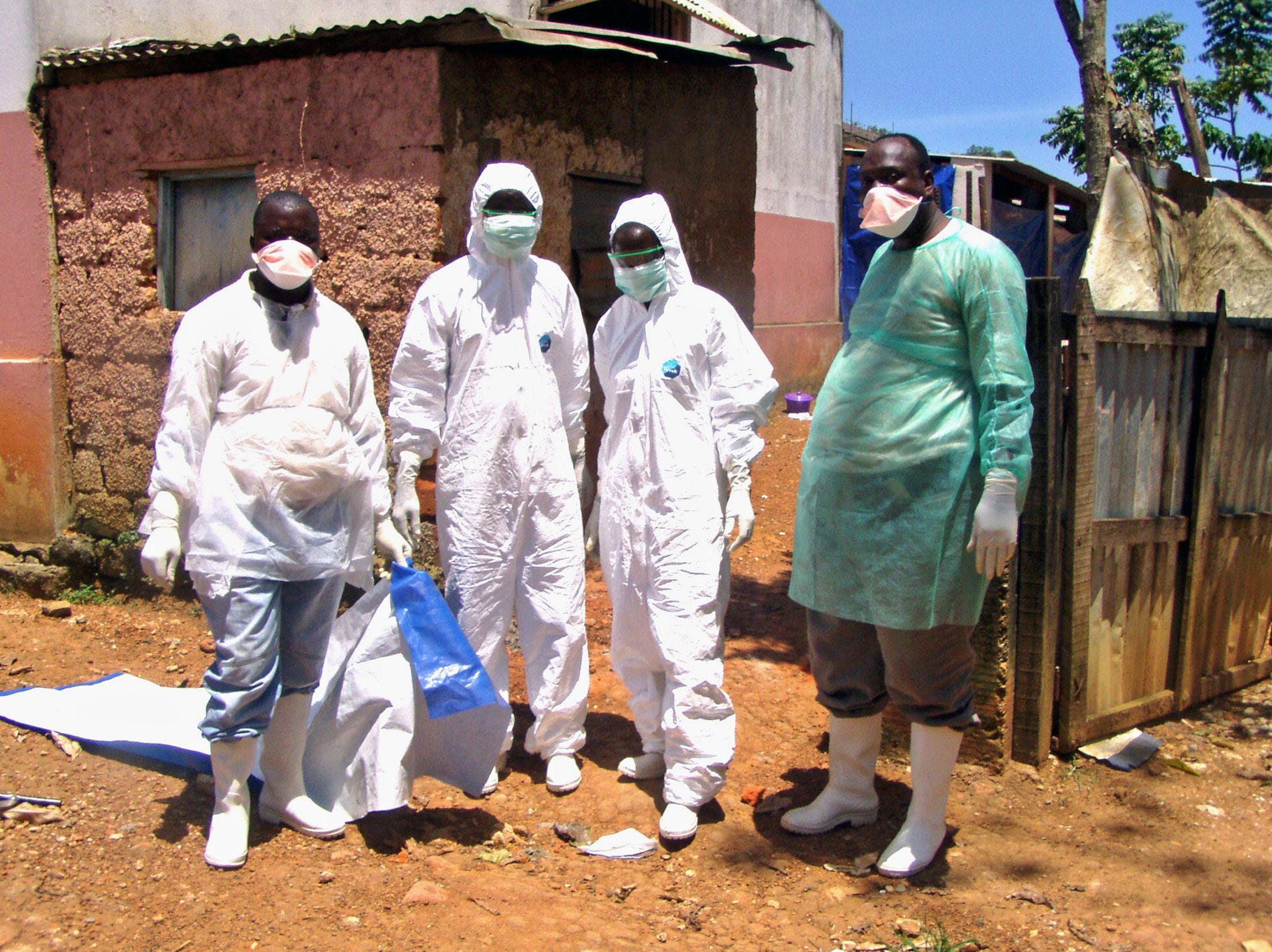
Causes of Ebola


Symptoms of Ebola
The symptoms of Ebola can vary, but they typically include: Fever Fatigue Muscle pain Headache Sore throat Vomiting Diarrhea Abdominal pain Bleeding or bruising These symptoms can appear anywhere from 2 to 21 days after exposure to the virus.
Treatment of Ebola
While there is no specific treatment for Ebola, supportive care, such as fluid replacement, oxygen therapy, and management of symptoms, can improve the chances of survival. In severe cases, hospitalization may be necessary to provide close monitoring and care.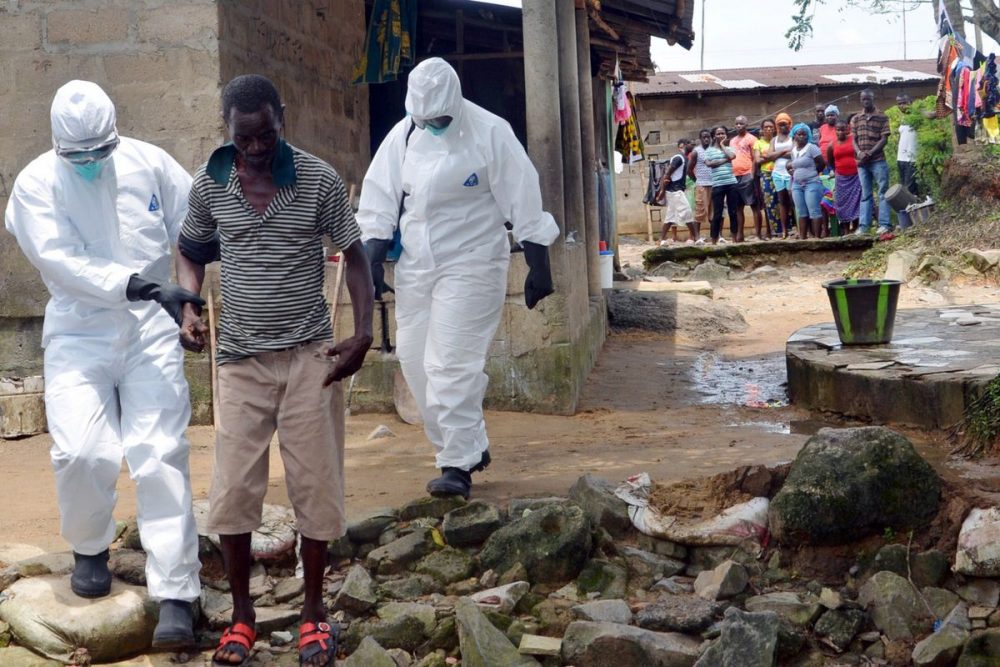
Prevention of Ebola
Prevention is key to controlling the spread of Ebola. The following measures can help prevent the transmission of the virus: Practice good hygiene, such as frequent handwashing with soap and water Avoid close contact with people who are sick Avoid touching or handling bodily fluids, such as blood and sweat Wear protective clothing, such as gloves and masks, when caring for someone who is sick Avoid eating or handling bushmeat, such as fruit bats and nonhuman primates Ebola is a severe and often deadly viral illness that requires prompt attention and care. By understanding its causes, symptoms, treatment options, and preventive measures, we can work together to mitigate its spread and protect ourselves and our communities. If you suspect that you or someone you know has been exposed to Ebola, it is essential to seek medical attention immediately. For more information on Ebola and other health topics, visit the Cleveland Clinic website.Keyword: Ebola, Ebola virus, causes of Ebola, symptoms of Ebola, treatment of Ebola, prevention of Ebola, Cleveland Clinic